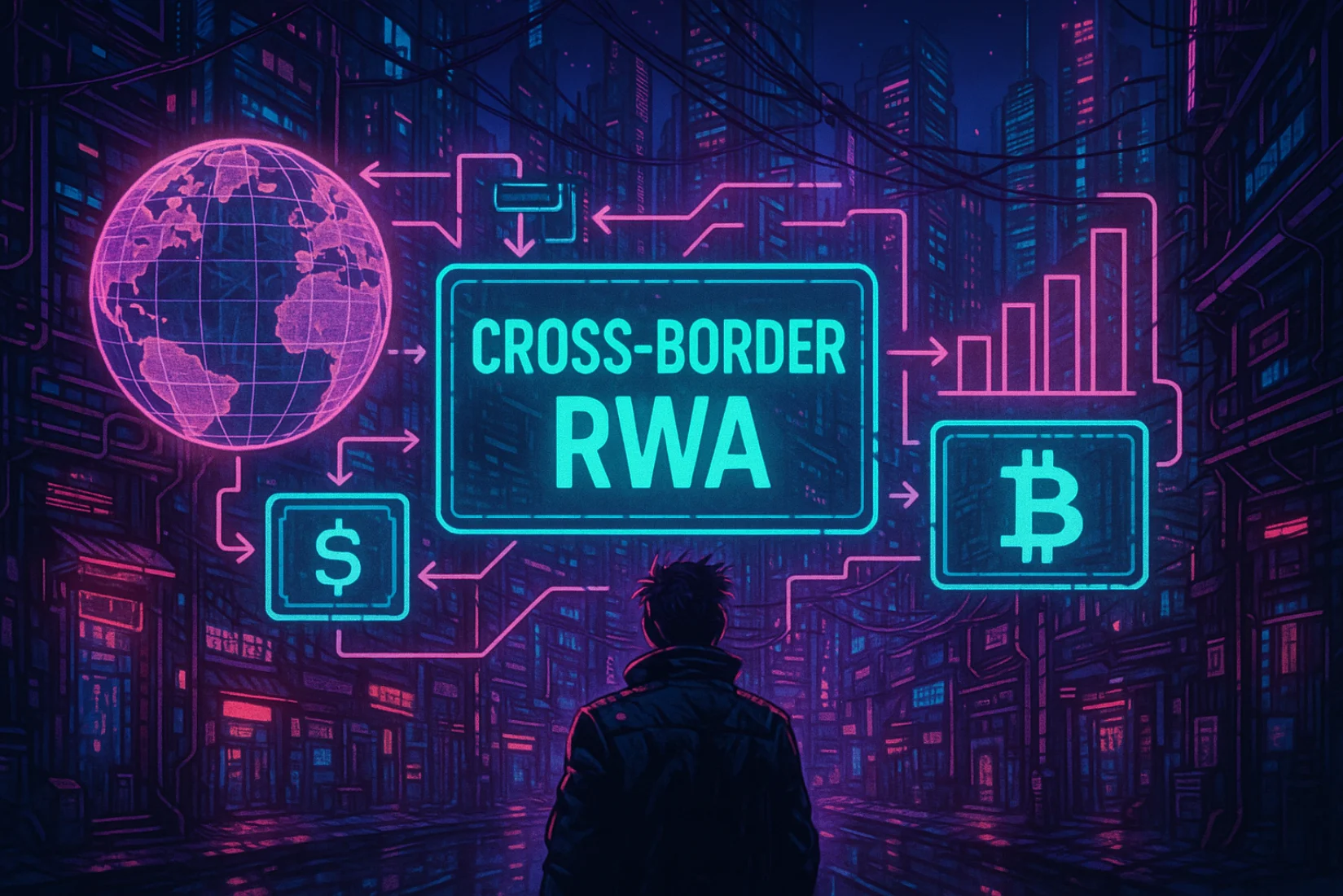Can RWA Be Traded Globally? Let’s Unpack the Cross-Border RWA Conversation
Real-world assets—better known as RWAs—have been quietly creeping into the spotlight. From tokenized real estate to supply chain invoices, they’re being brought on-chain and, more intriguingly, talked about as candidates for global trade. But here’s the big question: Can cross-border RWA actually work?
Well, maybe. It’s not a clear-cut “yes” or “no” answer. It’s more like a “yes, but…” situation. So let’s dig in.
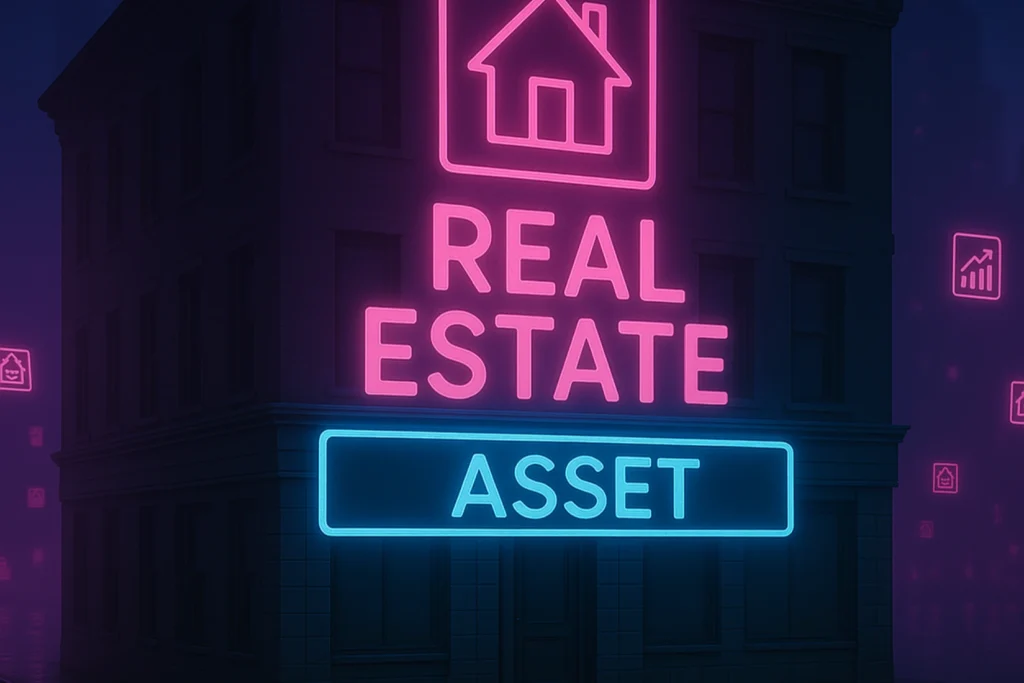
What Even Is Cross-Border RWA?
First off, let’s define our terms—because, let’s be honest, this space loves jargon.
Cross-border RWA refers to the idea of taking real-world assets—think property, bonds, invoices, even commodities—and enabling them to be traded or used as collateral across international lines. Ideally, it’s powered by blockchain, making the process faster, more transparent, and accessible to people or institutions outside the original jurisdiction.
Sounds amazing, right? In theory, it is. But practice? That’s another story.
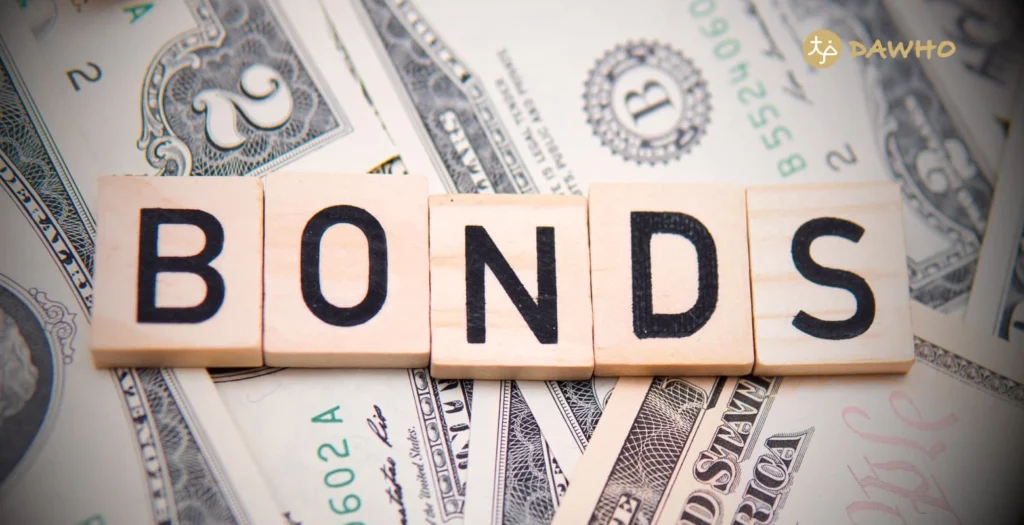

Cross-Border RWA: Opportunities Are Real
Let’s start with the good stuff.
Tokenization of real-world assets opens up liquidity in previously illiquid markets. Got a warehouse in Malaysia? In theory, someone in Germany could invest in a tokenized share of it, without flying over or dealing with 12 layers of legal paperwork.
This creates access—not just for investors in developed markets, but also for those in emerging economies. Suddenly, infrastructure projects, energy credits, or even livestock futures could be part of a global digital portfolio.
Plus, smart contracts can streamline things like settlements and compliance checks, reducing friction. And when you pair that with DeFi? Now you’ve got a system where RWAs can be borrowed against, traded, or staked—borderlessly.
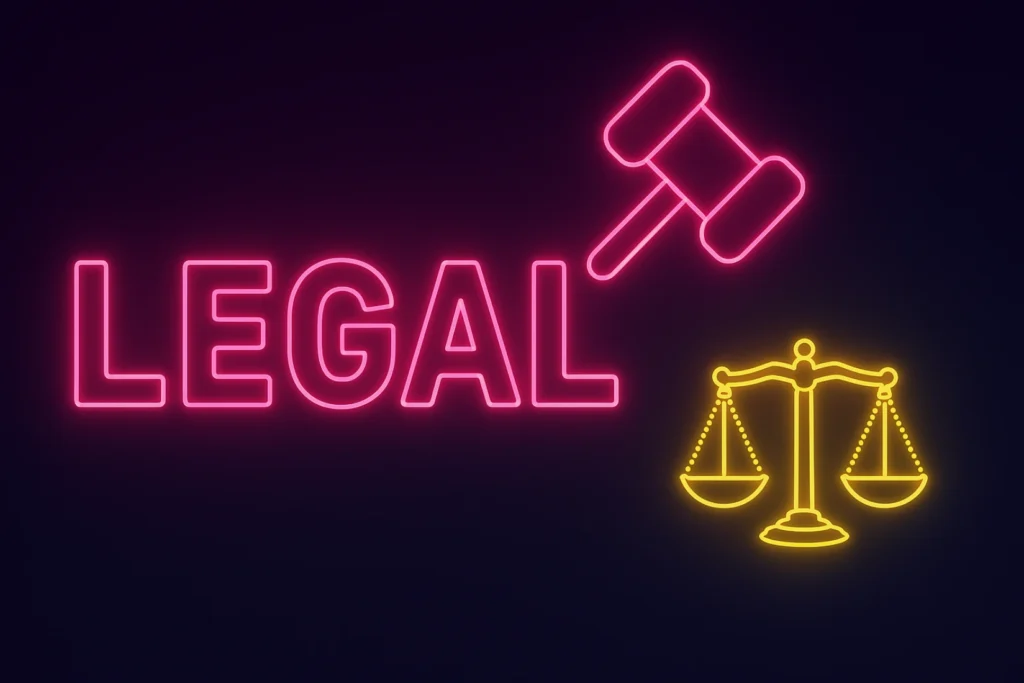
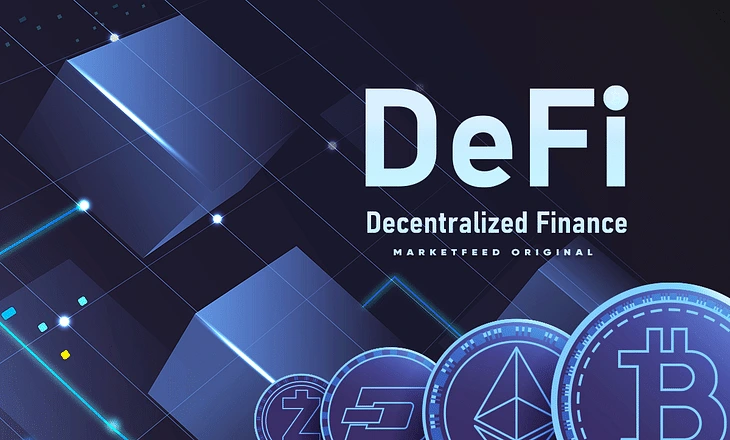
…But the Hurdles? Also Very Real
Here’s the thing: the world isn’t one big happy jurisdiction.
Legal and regulatory barriers are a major blocker. Different countries have different definitions of asset ownership, data privacy laws, and tax codes. Just because you can tokenize something in the U.S. doesn’t mean it’s recognized (or legal) in India, Brazil, or France.
There’s also the “real-world” enforcement problem. Let’s say an investor in Spain buys a tokenized mortgage on a home in South Africa. What happens if there’s a dispute? Who handles it? Which court? Which laws apply? The answers aren’t always clear—if they exist at all.
And don’t forget currency risks. Global asset trading introduces FX volatility, which can mess with returns in a big way.
So, Is It Just a Pipe Dream?
Not necessarily. There’s movement—real movement—on this front.
Projects like Centrifuge, Maple Finance, and even MakerDAO are actively experimenting with RWAs. Some countries are beginning to draft digital asset legislation with international interoperability in mind. Even traditional banks are dipping a toe into tokenized bonds and trade finance.
Still, the space needs better infrastructure, both legal and technical. Cross-border identity verification, standardized token models, and clear dispute mechanisms—all these need to grow up a bit before global RWA becomes truly plug-and-play.
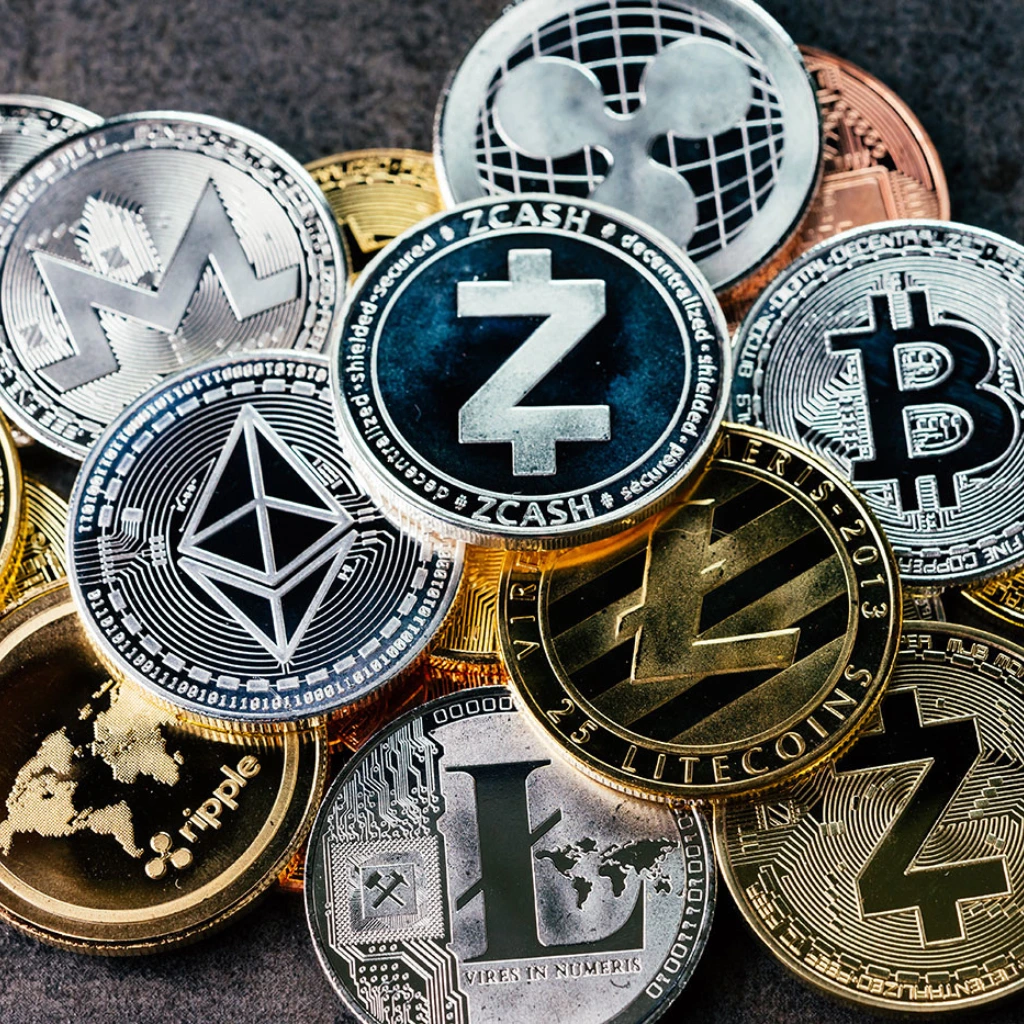
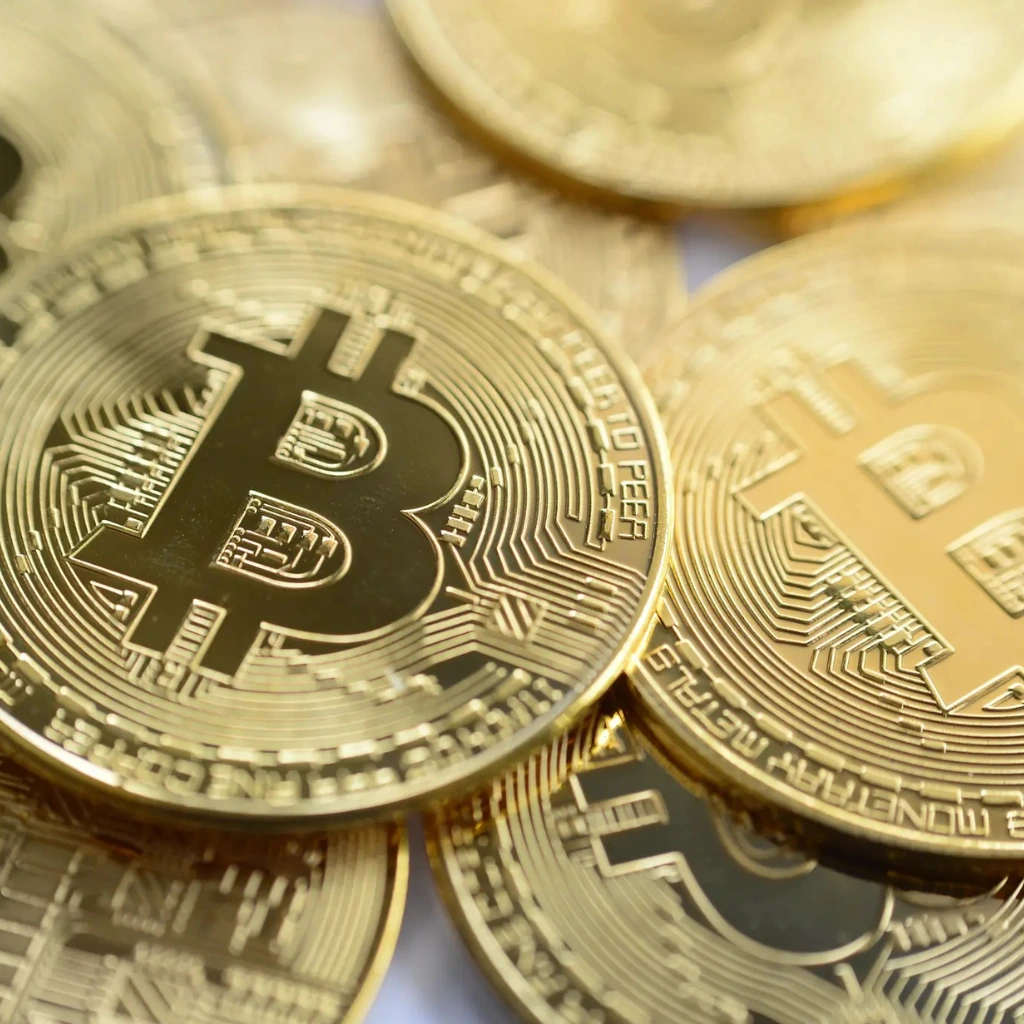
Cross-Border RWA Might Be the Future—But Not Just Yet
So, can RWA be traded globally? Technically—sure, in small controlled environments. But at scale, across countries, with real liquidity and legal clarity? Not quite yet.
Cross-border RWA is like an airplane on the runway. The engines are revving, the passengers are seated, and the pilots are optimistic. But the tower (aka the regulators) hasn’t given the all-clear to take off.
Still, the direction is clear. As more frameworks emerge and global collaboration improves, cross-border RWA could genuinely transform finance—from locked-up legacy systems to a fluid, global marketplace.
Just don’t expect it all to happen overnight. These things take time. But who knows? A few years from now, you might just buy part of a Peruvian solar farm from your phone, while sipping coffee in Berlin.
Relevant Link : Can RWA Be Traded Across Borders? 6 Things You Need to Know About Cross-Border RWA


